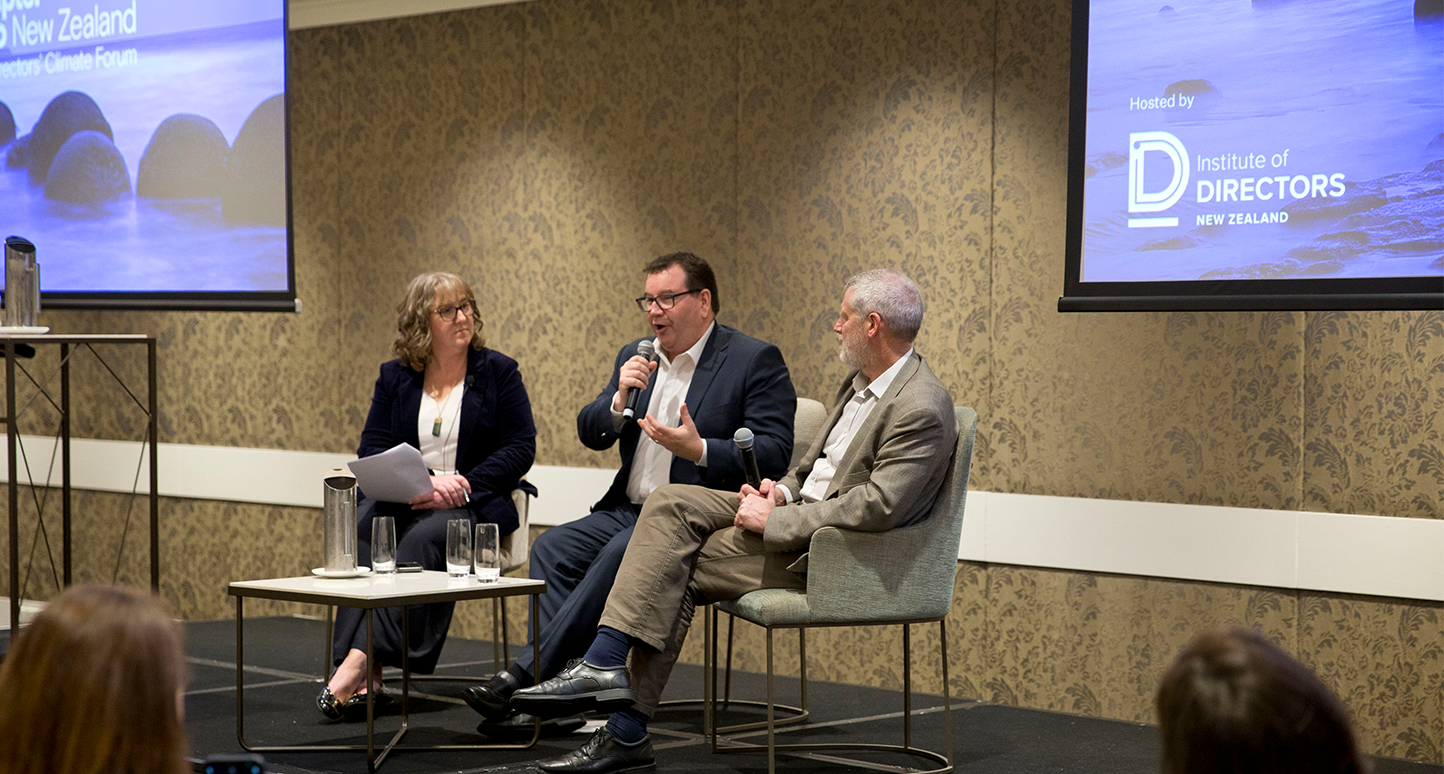Plea to business; act now on climate
Nelson Aerial - credit - Picture by Tim Cuff
Climate fight moves into company board-rooms.
Directors of large New Zealand companies and organisations are being "mobilised" to combat the climate crisis.
The move - which comes as the government has introduced legislation making it mandatory for around 200 publicly listed companies along with banks, insurers, financial service providers and other organisations to take climate change into account in their operations - seeks to educate and equip directors in all board-rooms across the country to make "climate-smart" decisions.
"We have spent a lot of time working with those in government and corporate companies responsible for sustainability and procurement," says Nicola Nation, CEO of not-for-profit impact consultancy, the Ākina Foundation. "Now, we are looking to connect with directors in the board room."
Nation says although there are pockets of good practice among boards, many large New Zealand companies provide little or no information on what climate change might mean to them - or what they are doing to take action in their business - and there is a need to go further as consumers, employees, investors and now regulators are demanding greater transparency and action.
"We recognise that leadership starts at the top and unless we get increased buy-in at a board-level, we won't get traction on climate issues as quickly as we need," she says. "We are helping directors understand the impact their businesses have on climate, the opportunities this provides them and the obligations they have under the new legislation.
Nicola Nation
"There is also evidence that employees want to work for employers who care for the environment and society we live in. Climate has become a recruitment and staff retention issue; failure to act can only be bad for business."
The new legislation, which will apply to publicly listed companies and large insurers, banks, non-bank deposit takers and investment managers, will make climate-related disclosures mandatory from 2024 at the earliest.
It aims to ensure the effects of climate change are routinely considered in business, investment, lending and insurance underwriting decisions, to enable those reporting to demonstrate responsibility and foresight in their consideration of climate issues and to help a smooth transition to a more sustainable, low emissions economy.
Intended to apply to publicly listed companies and large insurers, banks, non-bank deposit takers and investment managers, it will also help New Zealand meet its international obligations and achieve its target of zero carbon by 2050.
Nation says Ākina knows business is the best vehicle to achieve positive sustainability, and is urging companies to act now and not wait until the mandatory reporting (from 2024) or other legal requirements come into force.
"Doing the bare minimum is no longer acceptable - for the planet, for staff, customers and communities - and doing so will only sell the business, the country and the planet short.
"The old adage 'you manage what you measure' has never been more true," Nation says. "Business needs to know its numbers and, most importantly, put a plan in place to manage and adapt to the climate risk that this represents."
Ākina is the official impact partner of Chapter Zero New Zealand, part of the Climate Governance Initiative (CGI) in collaboration with the World Economic Forum. Working with Chapter Zero, Ākina is helping the initiative to understand the impact of this strategic capability building programme.
Nation says Chapter Zero, which operates in 53 countries and regions around the globe and is hosted in New Zealand by the Institute of Directors (IoD) New Zealand, has a mission to mobilise, connect, educate and equip directors and boards to make climate-smart decisions to create long-term value for shareholders and stakeholders.
Kirsten Patterson, CEO of the IoD, says the institute has heard from directors that the response to climate change is one of the toughest challenges - but also biggest opportunities - facing boards today.
"Through Chapter Zero, we support directors by sharing global climate governance best practice and provide a platform for them to share knowledge and expertise specific to climate challenges we face in Aotearoa New Zealand.
Kirsten Patterson, Hon Grant Robertson and Dr Rodd Carr speaking at the Chapter Zero event 18 August 2022. Image credit: Chapter Zero NZ / Geoff Osbourne.
"Ākina is an important part of the Chapter Zero New Zealand whānau and are helping us to develop our impact framework to better understand the value of the initiative for directors, the governance community and, more broadly, across our economy and society."
The importance of the issue has been highlighted in recent surveys looking at where business stands on climate change. Conducted every six months by the Energy Efficiency and Conservation Authority (EECA) the surveys reveal New Zealanders think businesses should be doing more.
EECA's November 2021 survey showed that while 24 per cent of businesses believe their customers are encouraging them to act, 84 per cent of consumers believe business needs to do more to reduce their impact on climate.
And its latest survey (May 2022) revealed that just over half (53 per cent) of companies see climate change as important or very important, a drop of 9 per cent since November.
The survey attributes this to the long tail of Covid-19 and growing economic uncertainty leaving businesses with little capacity to worry about much outside of their most immediate and pressing issues.
But, Nation says, business has no option. "The government is demanding action, consumers want to spend their dollars with companies doing the right thing and investors want to know what companies are doing on climate. Doing the bare minimum is no longer enough."



